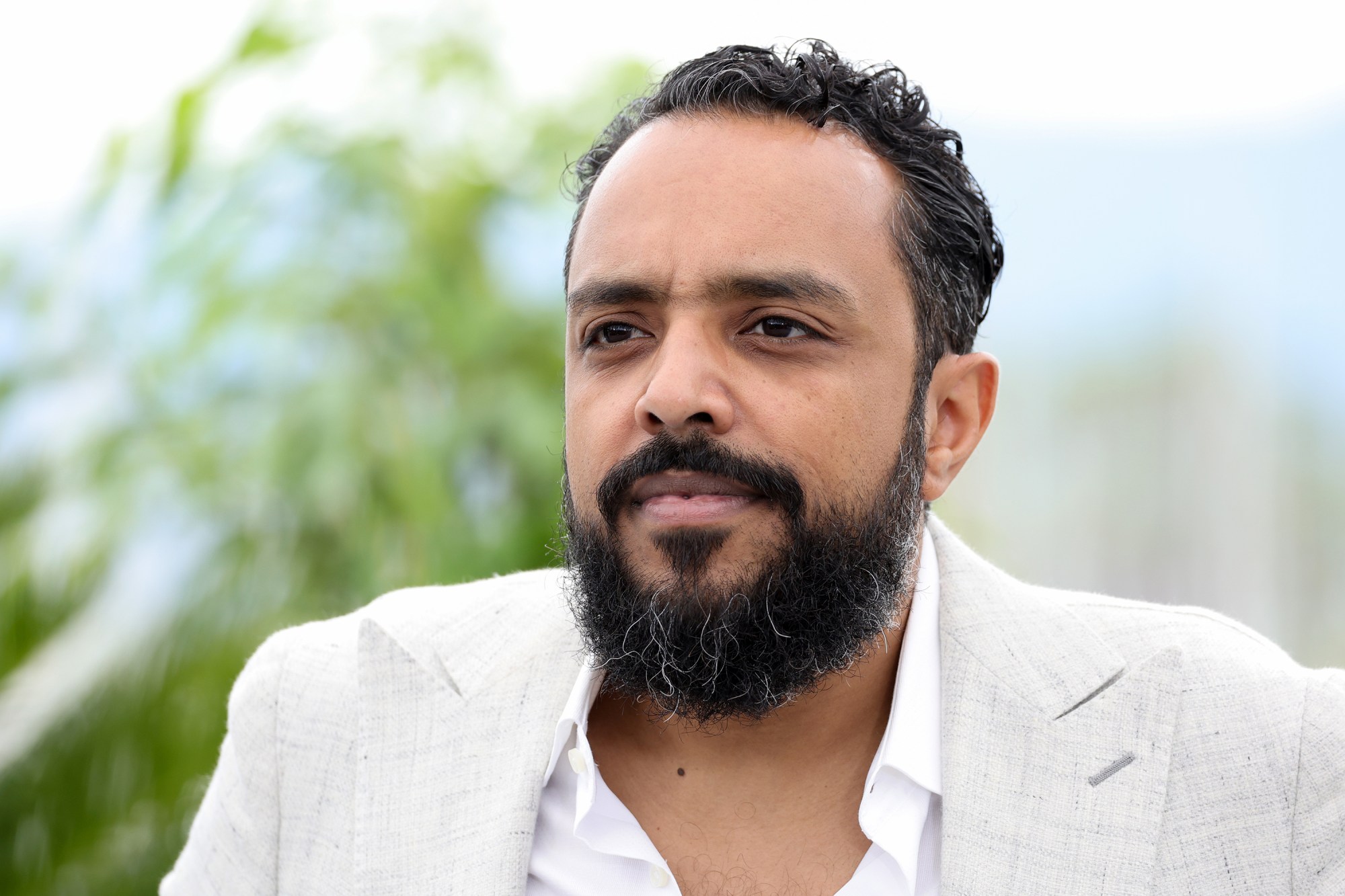
- Interviews
Mohamed Kordofani Made History with “Goodbye Julia”
Sudanese director Mohamed Kordofani is a name to watch. He made history this year, when he premiered his debut feature Goodbye Julia in Cannes, making it the first-ever Sudanese feature to screen in the festival. Through a quiet domestic drama, Kordofani addresses the nuances of racism and civil war in Sudan.
This movie reveals the tense politics that divide the nation. It tells the story of two women, one from the north and a southerner and how their lives are brought together by a series of lies. It focusses on the racial divide that exists between Arabs and Black Africans. Winner of the prestigious Freedom Award in the Un Certain Regard category in Cannes, Goodbye Julia is now screening in the Horizons section in the Karlovy Vary film festival.
Mohamed Kordofani agreed to an interview over Zoom.
You worked as an Aviation Engineer for many years. How did you switch to making movies?
I have always wanted to study fine arts, but my father didn’t like the idea very much. He was a captain and had a company in the aviation business. That’s why I studied Aviation Engineering. It made sense. However, since the beginning of my college years, I always wrote stories on the side. In 2008 I took photography as a hobby. In 2013, a life event made me learn editing and that stuck with me. I had so much fun, putting pictures together with my favorite music in the background. I could not have enough of it. That was the moment I decided to do a cinema course online. That’s how it happened.
What happened between the online cinema course and a premiere in Cannes?
The course had an assignment. I had to shoot a scene with two actors in one location. I thought, well… If I am going to have to go through the logistics, I might as well just do a whole short movie. I did it and showcased it in a very prestigious cultural center in Sudan. It was a success and that gave me the encouragement to continue. I could see my stories had more impact on screen than on paper. I did a second short film and that’s when I met Amjad Abu Alala, who introduced me to independent cinema and the world of film festivals. I had no idea about it before. I became fascinated with Iranian and Eastern European cinema. That’s when I decided to quit my career as an Engineer and do a feature film. It was 2020. I partnered with the DP of my short movies, and we opened a production company in Sudan. Our first feature is Goodbye Julia. I really wanted it to premiere at Cannes and we made it happen. When we started shooting, the level of the actor’s performance and the locations on screen gave me hope we could get into the competition, and we did.
What was the motivation behind this film?
My personal journey was what really inspired me to write this movie. Even though it’s about the political situation in Sudan, the characters are me in different points of my life, having a conversation. As an Engineer, I was used to binary thinking. That changed. I started using my critical thinking. I used to be ingrained in the traditional ways of my culture, but I realized we can’t be that dogmatic. There are beautiful things in the way we are brought up in, but there are also things that should be questioned, like racism.
You dedicate this movie to your father
Yes, he passed away before I quit Engineering. He wanted his name to echo in the future. I promised I would one day make a movie that would make is name remain. I don’t think he believed me at the time, but I kept my promise, and I dedicated it to him.
What’s next for you, Mohamed?
I was supposed to go back to Sudan and work in the production company and do some docu-series, but the war broke. All the crew fled Sudan. There is no way you can work there now. I go from place to place now. I know I will continue to do movies; I just don’t know how yet.